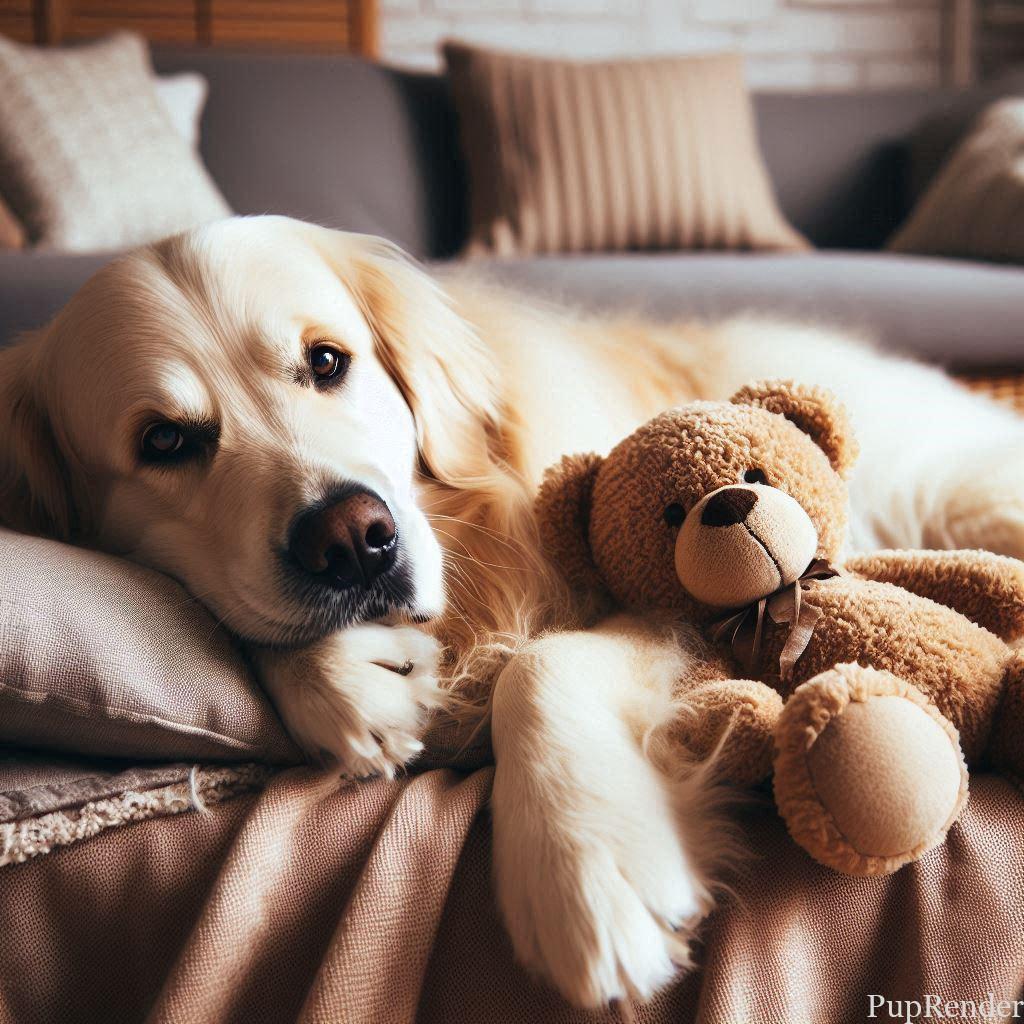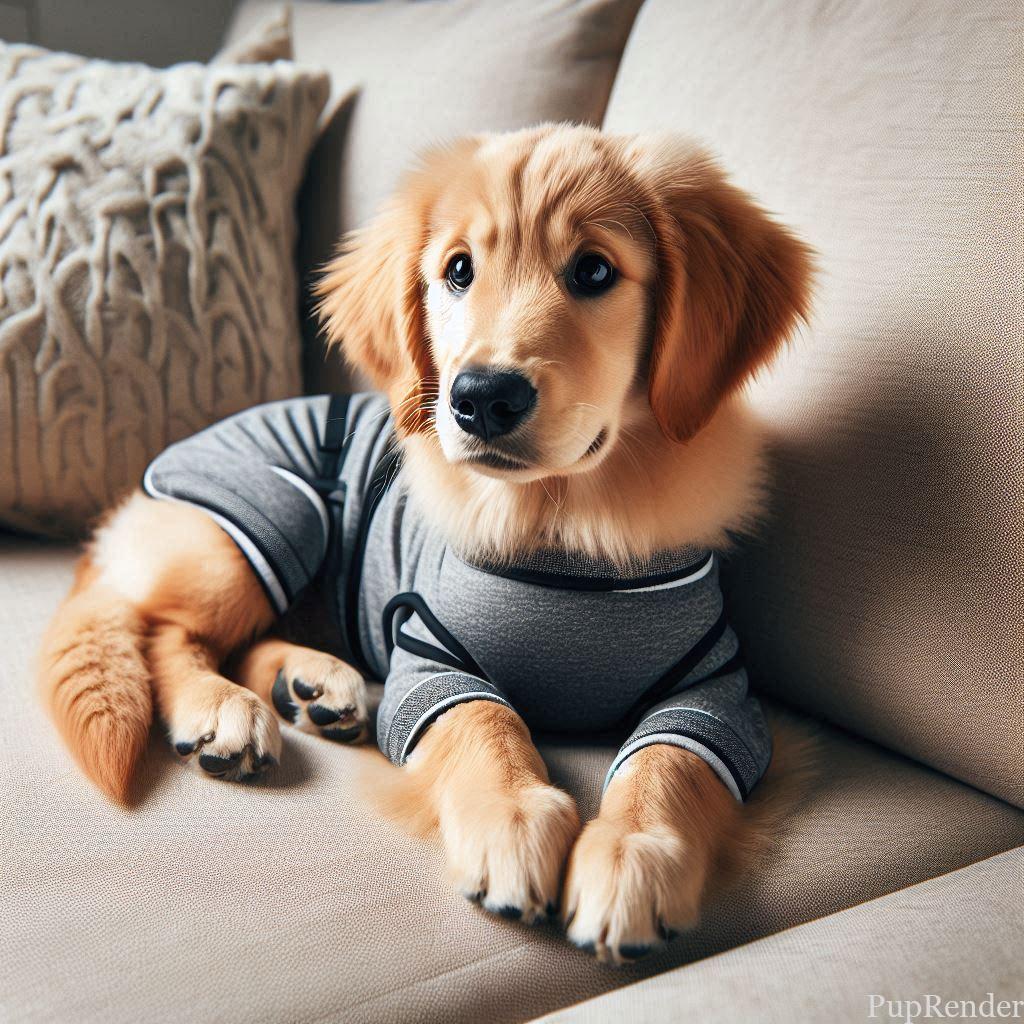How to Handle a Dog’s Fear of Loud Noises
Dogs, like humans, can be startled or stressed by loud noises such as fireworks, thunderstorms, or construction sounds. If your dog cowers, hides, or trembles when they hear a sudden loud sound, they may have noise anxiety. Understanding how to handle a dog’s fear of loud noises is essential for ensuring their well-being and maintaining a calm environment. In this blog post, we’ll explore some effective methods to help your furry friend cope.
Why Do Dogs Fear Loud Noises?
Dogs have a more acute sense of hearing than humans, and loud noises can easily overwhelm them. The fear of loud noises can stem from:
Lack of Exposure:
Puppies who haven’t been gradually exposed to different sounds may become anxious when faced with unexpected noise.
Trauma or Negative Associations
Some dogs might associate loud noises with traumatic events, making them more susceptible to fear.
Breed Disposition
Certain breeds are more prone to anxiety than others.

For more about common dog behaviors during stressful situations, check out our post on 5 Dog Myths, Busted!
Signs of Noise Anxiety in Dogs
Knowing how to recognize signs of anxiety is the first step toward helping your dog. Common symptoms include:
- Panting and Pacing: Your dog may become restless, moving around the house anxiously.
- Trembling and Shaking: Noticeable shaking is a common sign of fear.
- Hiding or Clinginess: Your dog might seek comfort by hiding or staying close to you.
How to Comfort Your Dog During Loud Noises
It’s essential to help your dog feel safe when they’re scared. Here are some tips:
1. Create a Safe Space
One way to help your dog feel more secure is by creating a safe, quiet space where they can retreat during noisy events. A cozy corner with their favorite blanket or toys can provide comfort.

Photo suggestion 2:
Alt text: A dog curled up in a cozy bed with soft blankets. Title: A dog resting in its safe space. Caption:Creating a cozy, secure space can help calm your dog during loud events. Description: A small dog rests peacefully in a safe corner filled with its favorite blanket, showing how a prepared space can provide comfort.
Learn more about setting up the perfect environment for your dog in our article How to Make Your Dog Happier Than Ever.
2. Desensitization and Counterconditioning
Gradual exposure to noises can help desensitize your dog to sounds. Start with low-volume recordings of the sounds that scare them and slowly increase the volume over time. Pair the sounds with positive experiences like treats or playtime.
3. Use Calming Products
There are several products designed to calm anxious dogs, such as:
- ThunderShirts: Compression garments that apply gentle pressure to help reduce anxiety.
- Calming Sprays: Diffusers with calming scents like lavender or chamomile.
- CBD Oil: Consult with your vet about using natural remedies like CBD oil to ease anxiety.

4. Distract and Engage
Providing distractions like their favorite toy or engaging in a game can take their mind off the noise. Puzzle toys that require mental engagement can be particularly effective in keeping your dog focused.
To keep your dog entertained indoors, read our guide The Best Ways to Keep Your Dog Engaged Indoors.
5. Consult a Vet if Necessary
If your dog’s anxiety is severe, it may be time to consult a vet. They can offer advice on medication or behavioral therapy that could help alleviate your dog’s fear.
For more on keeping your dog’s health in check, visit Top 7 Health Tips Every Dog Owner Needs.
Find a veterinarian near you using AVMA.
For more detailed dog care advice, check out our ultimate guide on How to Handle a Dog’s Separation Anxiety.





